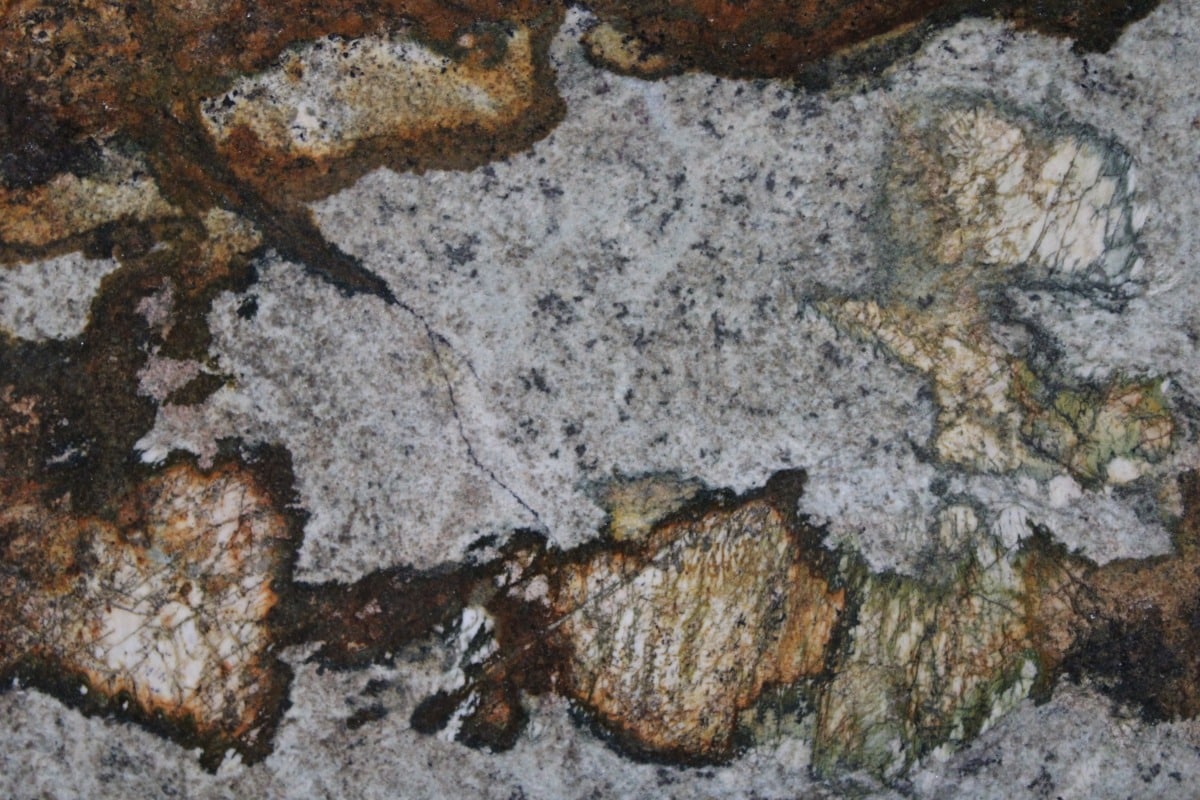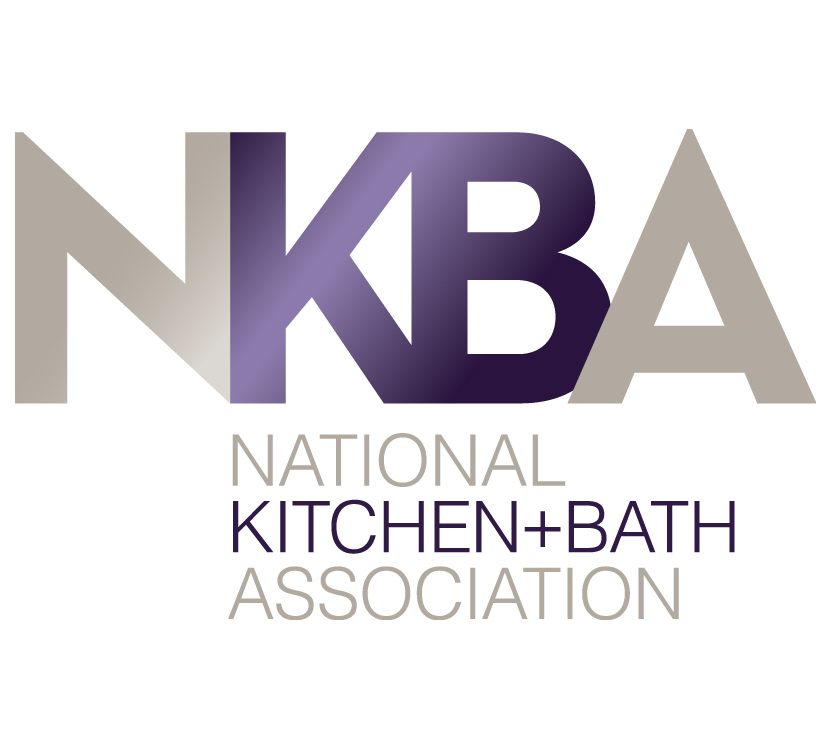
They are two of the most beloved natural stone surfaces out there. But what is the difference between marble and granite? In this post, we discuss their properties and some key differences when it comes to daily cleaning and long-term maintenance.
What is Granite?
Granite is a type of magmatic rock, formed by the slow crystallization of magma below the Earth’s surface. The stone is typically a conglomerate of quartz, mica, feldspar, amphiboles and other trace minerals. Granite has been used for thousands of years, as evidenced by historical structures that remain standing all throughout Europe to this day. That’s no surprise, as granite is second only to diamonds in its hardness. Granite surfaces are highly durable and heat-, crack- and scratch-resistant, making it an excellent choice for indoor applications like kitchen countertops, floor tiles, backsplash, bathroom tiles, mantelpieces and staircases.
Cleaning and Maintaining Granite
While granite is one of the easiest natural stone surfaces to care for, it can become dull around sinks and in high traffic work areas over time. The following measures can help protect your granite countertops for many years to come:
- Wipe counters daily with a neutral cleaner.
- Use cutting boards, cooling racks and trivets.
- Clean spills and moisture as soon as possible.
- Keep bottles of cleaning fluids like dish detergent off of countertops (on a dish, for example).
- Use coasters for mugs and glasses.
- Dry underneath dishes regularly.
- Wipe water around faucets off daily to prevent it from calcifying and turning white (using a neutral cleaner once a week can clear away buildup).
What is Marble?
The main difference between marble and granite is how these stones are formed in the earth. Let’s discuss marble! Marble is metamorphic as opposed to magmatic. Metamorphic rock forms when limestone is subjected to high amounts of heat and pressure during metamorphosis. This process usually occurs at convergent plate boundaries near the Earth’s crust. Marble is primarily composed of calcite, but like granite, it usually contains other minerals like micas, quartz and iron oxides as well. This gorgeous natural stone is just about synonymous with a luxurious, timeless aesthetic.
While marble is a softer stone than granite, it can also last for generations when properly installed and cared for. Marble is both heat- and crack-resistant, which makes it an excellent choice for the kitchen or around a fireplace.
Cleaning and Maintaining Marble
Marble is a porous, absorbent stone, which can make it vulnerable to spills and acidic substances if not sealed properly and regularly. When used outdoors, it can also be damaged by acid rain and pollutants, but taking these steps on a daily basis will help protect your investment:
- Wipe up spills and dirt right away with a non-abrasive cloth or sponge.
- Avoid using chemical cleaners, acids like vinegar and lemon juice, grout cleaners, and tub or tile cleaners, as they can etch and dull the stone.
- Soapless, neutral cleaners specifically made for stone are ideal. You can also use mild, phosphate-free, eco-friendly dishwashing liquids or powders, neutral detergents, or vegetable oil-based soaps––just be sure to rinse all cleaners off completely with fresh water.
- For exterior steps and pathways, sweep and rinse marble often with water, drying them thoroughly afterwards.Use coasters and trivets when placing wet or hot items on marble.
Sealing the Deal
When it comes to maintaining marble surfaces, regular sealing is essential and will likely need to be done more frequently than is the case for granite. That said, most granites can also benefit from being sealed. Some types of granite are more porous than others, and may need several applications, while very dense granite may not need to be sealed at all (or might only require a single application). If you’d like to find out more about the process of sealing, our post all about sealing natural stone surfaces provides an overview.
Conclusion
Both marble and granite make for excellent choices in the home, and the decision between them might come down to factors like personal preference, design aesthetics and budget. Granite is a harder stone than marble, but with proper maintenance, both stones are highly durable, while marble might require some additional sealing and extra care when selecting cleaning agents.
If you have questions about marble or granite, get in touch with Cosmos! We offer a wide selection of products, and our team is always happy to help!
Color of the Month: Fired Brick
This month’s featured trending color is Pantone 19-1337, Fired Brick! The Pantone Color Trend Report says, “Strong and sturdy, Fired Brick adds gravitas.”

Bespeckled with a map-like pattern, Atlas is an exotic granite with the power to transport you anywhere in the world — all without leaving your property. Tinges of copper, rust, crystal blue and emerald form intricate veins on a backdrop of grayish-blue. Where will you go with Atlas? Bathroom vanity tops and kitchen countertops are both favorable destinations for this one-of-a-kind stone.












